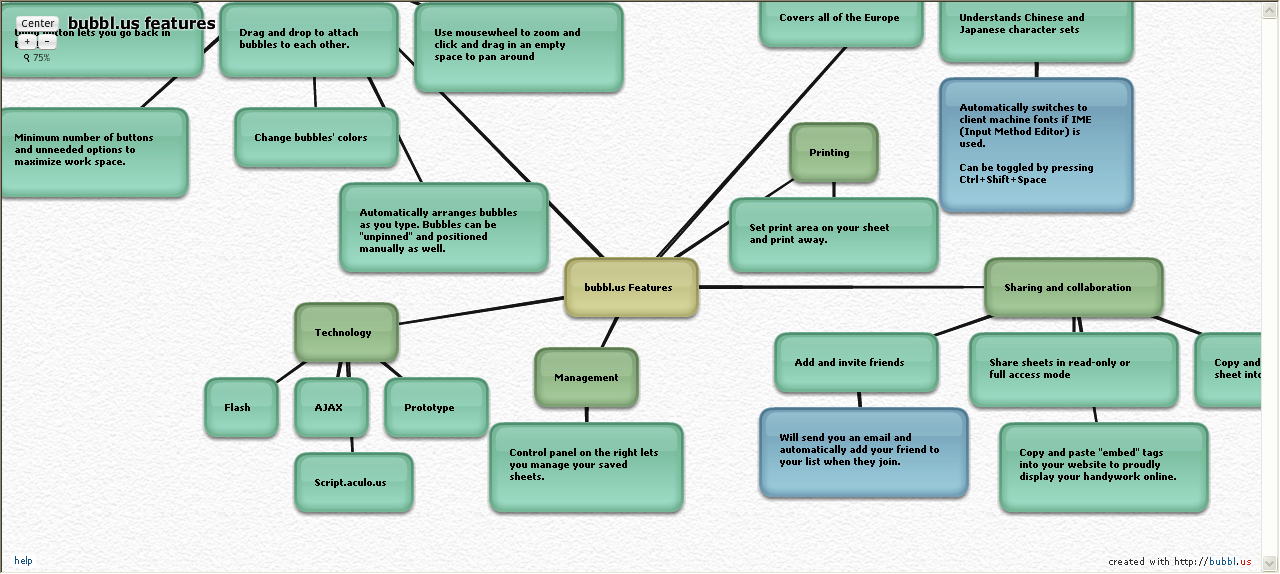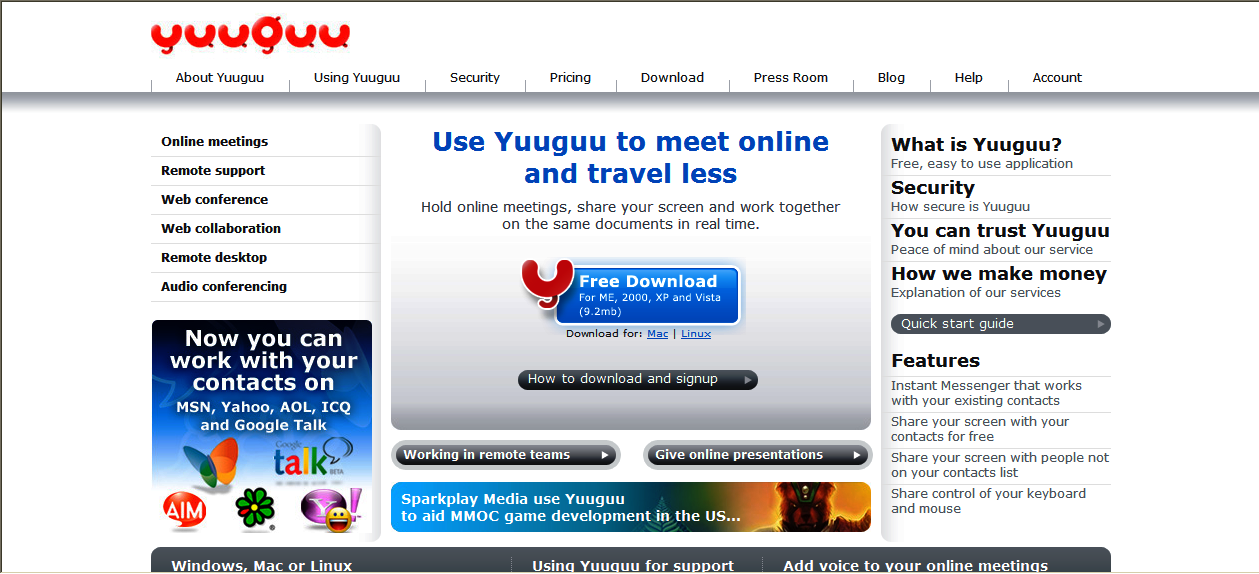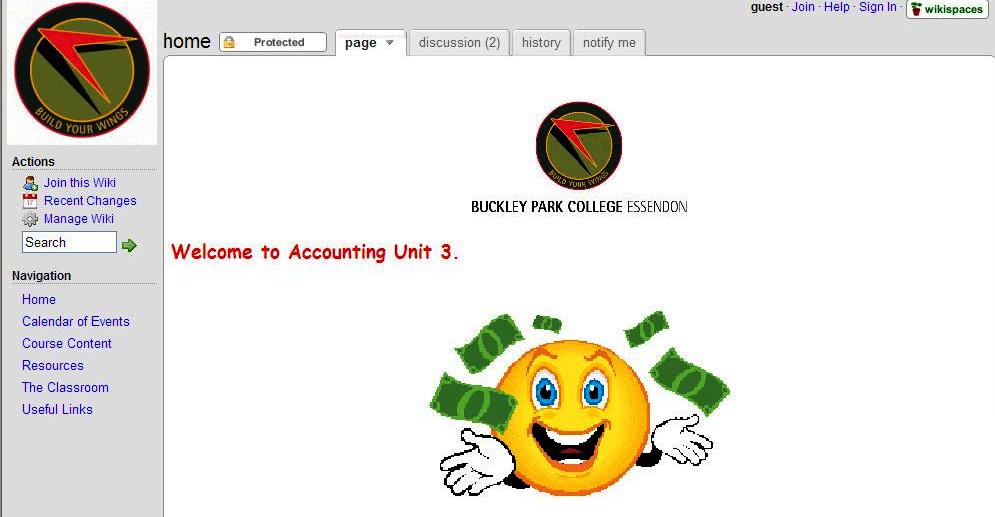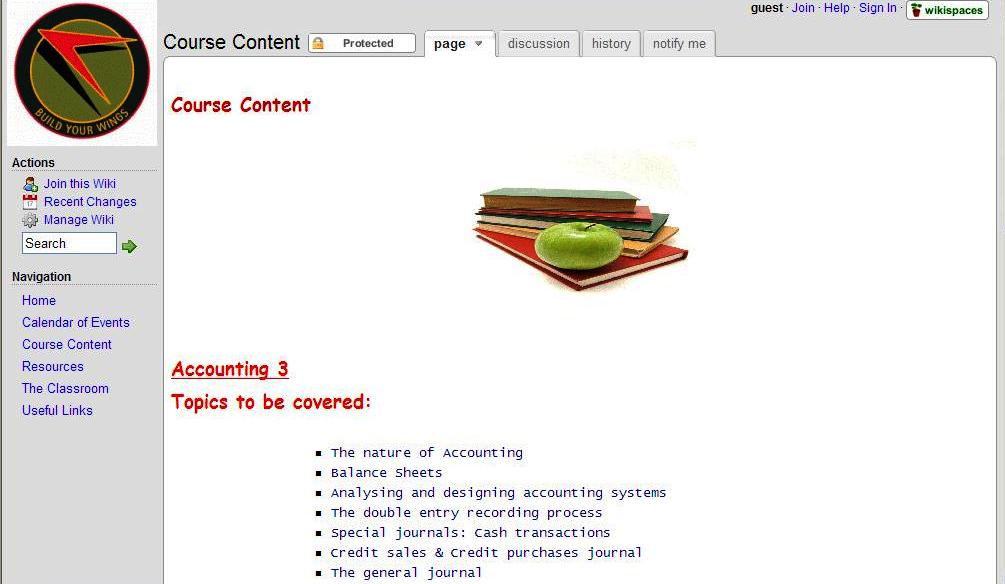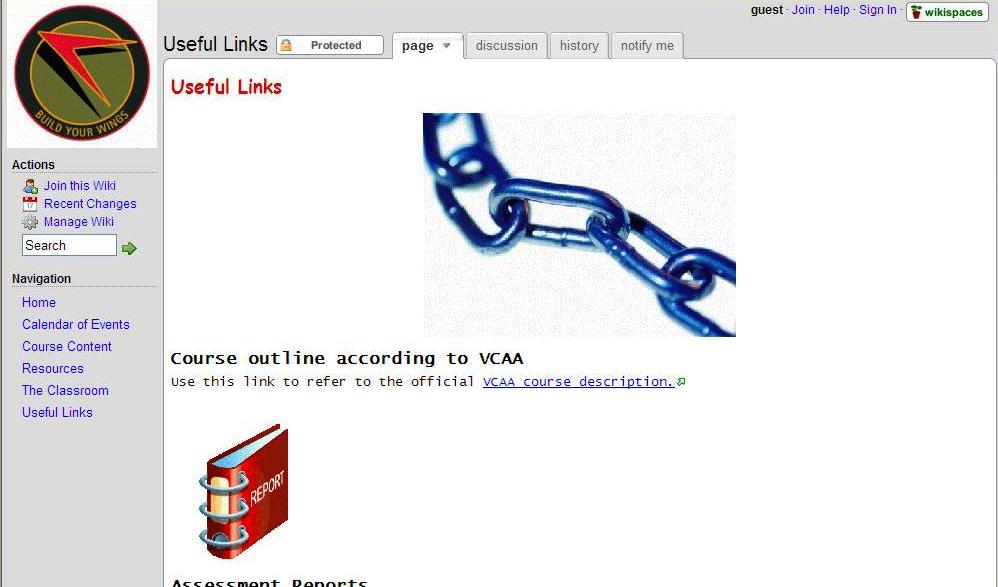One of Scotch College’s Librarians, Michelle Sweeney, has kindly informed Bright Ideas about their wonderful library blog. Michelle explains, ‘Blogging has become incredibly popular over the last 12 months, and in the Senior Library at Scotch we have embraced the trend! Blogging on The Portal is a safe and fun means for the boys, staff and friends of Scotch to engage in discussion about the books they love (or love to hate), to debate contentious book-related topics and to learn about events in the literary world.’
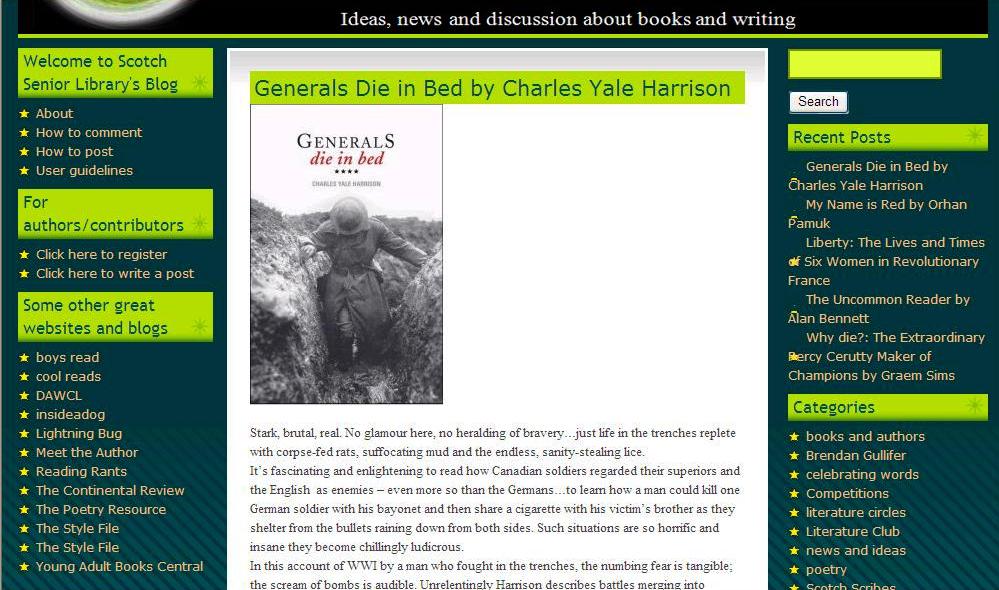
The Portal homepage
Michelle continues, ‘Since Brendan Gullifer launched The Portal at our ‘Library’s Longest Literary Lunch‘ on March 13 2008, we have seen the number of users swell to over 100. Articulate and passionate boys are airing their opinions on diverse topics including the journalistic merits of the Herald Sun and The Age, the decline of the English language, the poignancy of soldiers’ letters from Iraq, controversy over school texts and the modernisation of Shakespeare’s texts. The boys are also displaying their own creativity (and competitive spirit) by participating in The Portal’s various competitions and writing high quality book reviews.
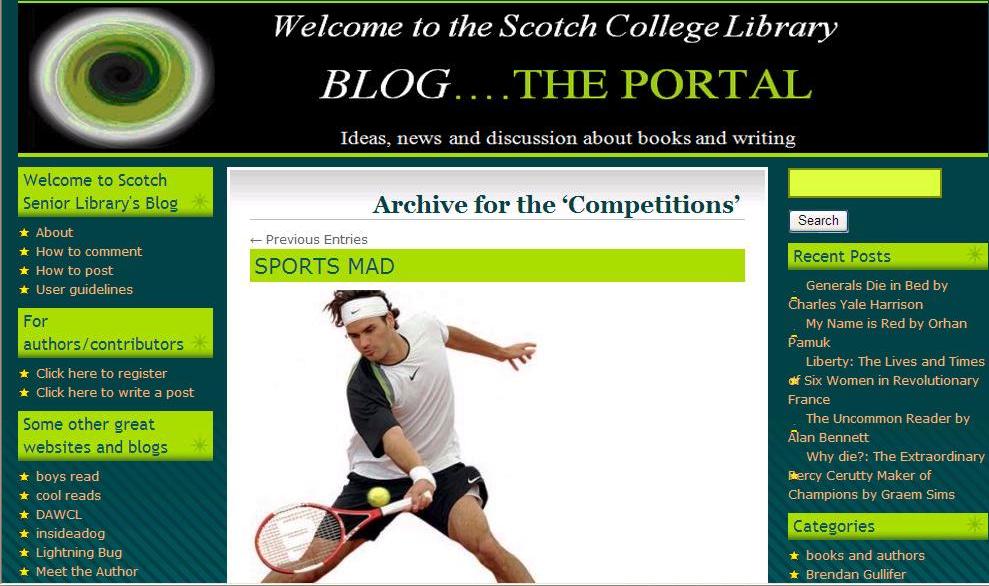
Competitions
‘Staff at Scotch have long been writing book reviews about their holiday reading for the library website, and these are now also published on The Portal.
‘Initially The Portal was hosted by Edublogs, in many respects a fantastic site developed especially for blogs in schools. However we did become frustrated with some aspects of Edublogs and decided to shift our blog to our school domain where we could have more control over the appearance and the method of registration. Boys and staff may now register in a few minutes without the need for emails to be exchanged.
‘A blog committee was formed and during six meetings we established the aims and objectives of The Portal, the User Guidelines and discussed ways to maximize the potential of this new library tool.
Aim
The Portal provides an online forum for the Scotch Community to engage in discussion about books and reading in order to encourage Scotch boys to develop a lifelong love of reading.
Our objectives for The Portal are:
-
To harness the boys’ interest in technology to engage them in books and reading
-
To enable 24/7 access to stimulating discussion about books and reading
-
To provide a publication platform for aspiring Scotch writers
-
To allow the wider Scotch Community (parents, siblings, teachers, etc.) to contribute to discussions about books and reading in order to provide a range of reading role models for Scotch boys
-
To promote interaction and mentoring between students of different ages (and beyond!)
-
To inform Scotch boys about current literary events and awards
-
To provide an informal/recreational environment for boys to discuss their reading
‘Currently The Portal is promoted through word of mouth, introductory sessions to Literature Circles groups and English classes, fliers in the library and an article in the school magazine. We intend to use it extensively before, during and after our Literature Festival which runs every second year, by inviting guest authors to initiate discussion with our students before meeting them at the festival and encouraging students to comment on the workshops they have attended. Hopefully there may be some ongoing blogging contact with festival presenters once the festival is over.’
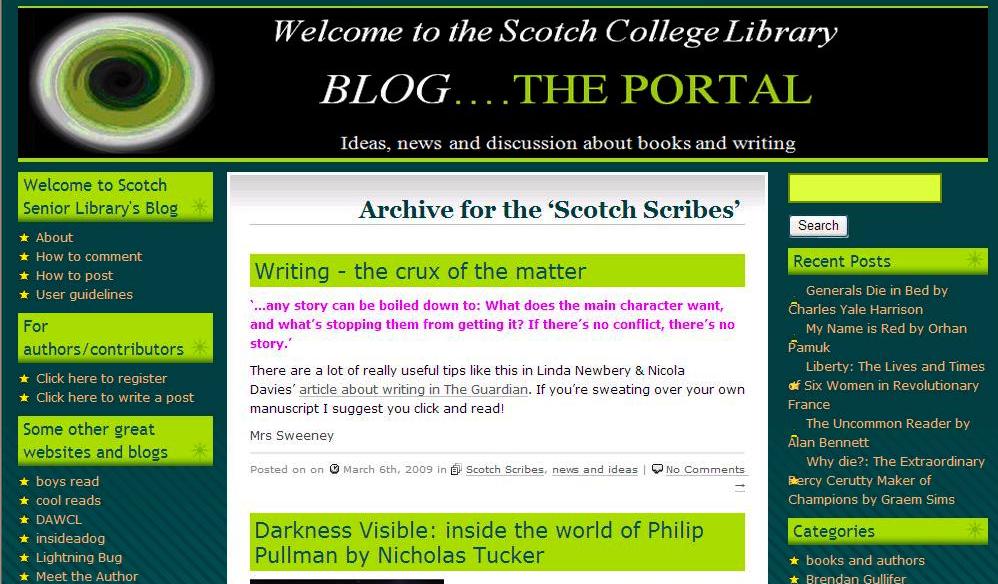
Scotch Scribes
Michelle concludes, ‘All in all The Portal has been a great success. Year 7s and 8s in particular are excited when they see it and English teachers are keen to use it with their classes. Competitions and controversial posts are definitely winners!’
Congratulations to Michelle and all at Scotch College who have been involved in the introduction and ongoing promotion and develpoment of The Portal.

